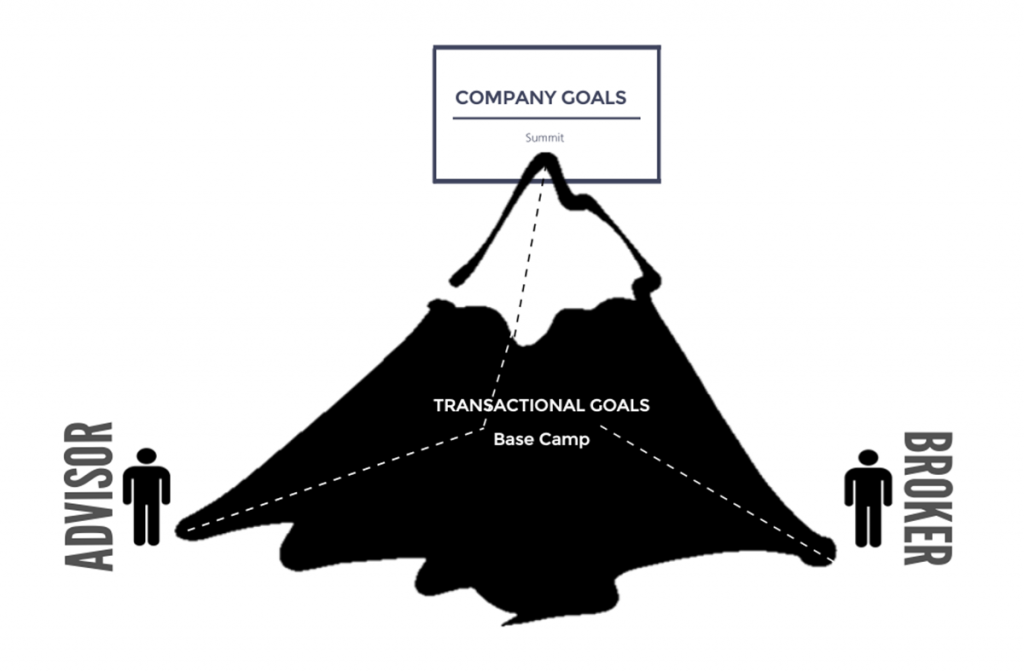Using a Real Estate Advisor, not a Broker, to Accomplish Your Company Goals

(Blog last updated on February 4, 2020)
At the start of a new year every company wants the same thing – to choose the best strategies and tactics that will help them achieve their corporate/organizational goals. But who do you turn to for help in achieving these goals? Does a commercial real estate advisor come top of mind? They should.
- Increasing the productivity and retention of employees,
- Helping manage the cash flow of the business, and
- Enhancing overall business performance.
What may come as a shock to you is that by placing your real estate as a key strategy in your current business plan, you can accomplish the goals mentioned above. How? Well, typically real estate is the top 3 to 5 controllable expenses for any growth-oriented business. Most executives believe that facilities and space are a necessary expense that needs to be minimized. We believe however, that real estate doesn’t have to be a burdensome expense to the company, rather, it can be an investment in your strategy. How is this possible? It is possible when real estate decisions are strategic to the overall business plan. Then real estate becomes a significant driver to accomplishing key business goals.
The first step in using real estate to help achieve your company goals is choosing a real estate advisor, rather than just a real estate broker.
A broker, by definition, is focused on the transaction. They can be quite good at scouting out locations, negotiating terms and showing properties. But, the focus is the transaction, not the downstream impacts of the transaction.
An advisor, by contrast, is focused on the short- and long-term results of the business decisions being made. Like a broker, an advisor knows how to execute a real estate transaction, but what makes them different is their ability to understand your business. This is when real estate becomes strategic. An advisor will start with the company goals, and then find the ideal real estate that will help the company achieve those goals.
For example, if employee productivity and retention is important to your plan, then appearance of a company’s office building and space can play a big part in employee satisfaction. If you are focused on cashed flow and your bottom line, then the advisor will conduct a total cost of occupancy analysis as well as a lease verse buy analysis.
Having the proper real estate help is paramount to using real estate to accomplish your company goals. An advisor doesn’t view their job as ending on the day you’ve moved in and your phones are working. They view their success by the impact your real estate decisions have on your business over the next 1, 3, 5 and 10 years.
Comments